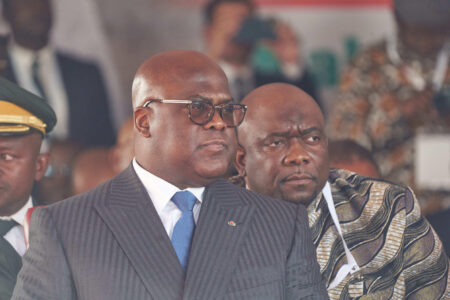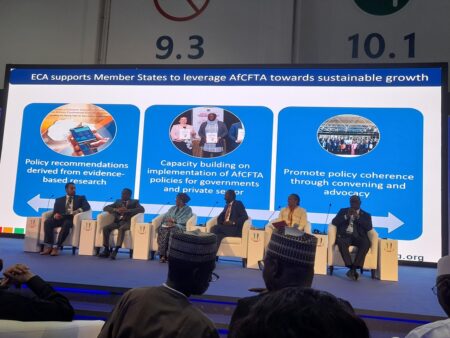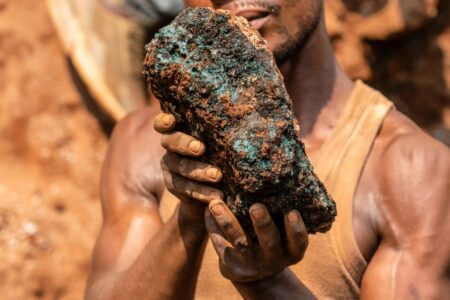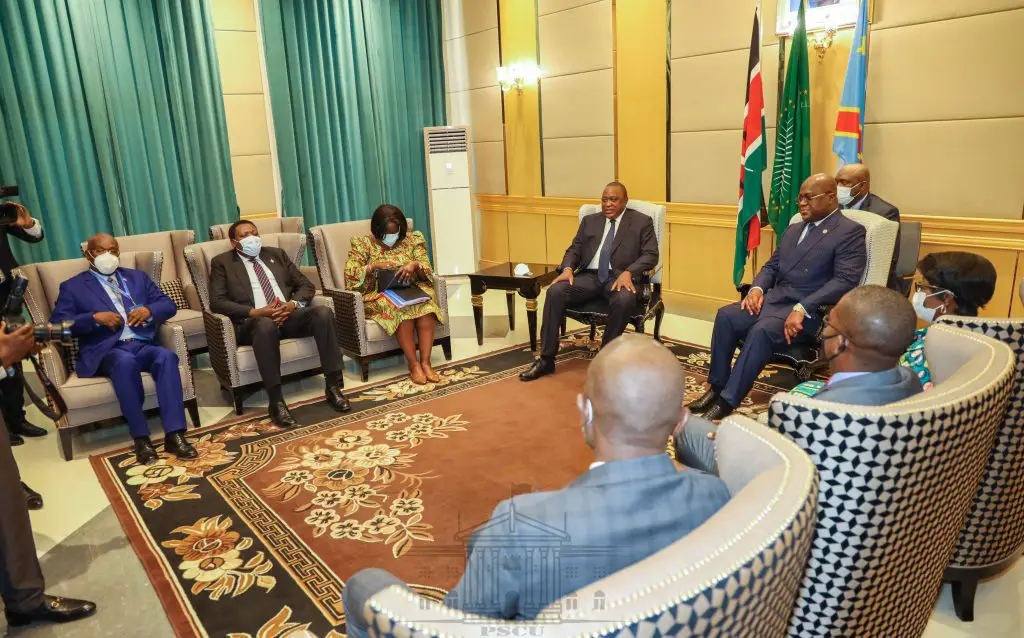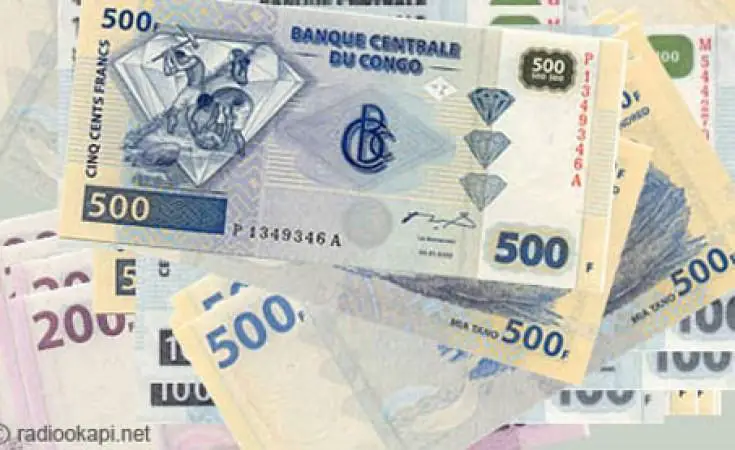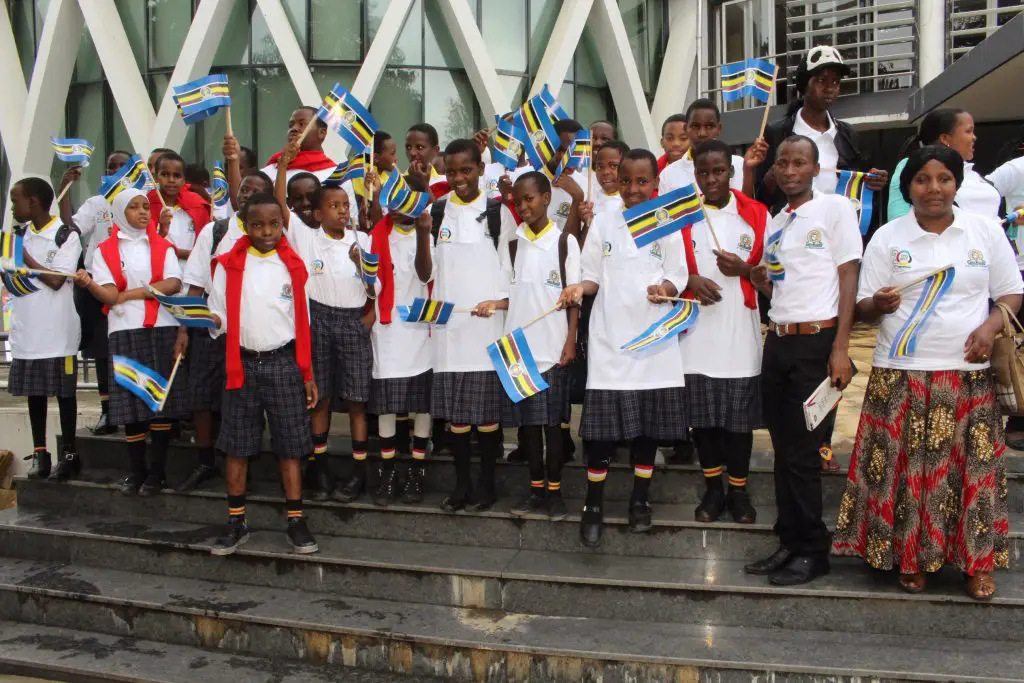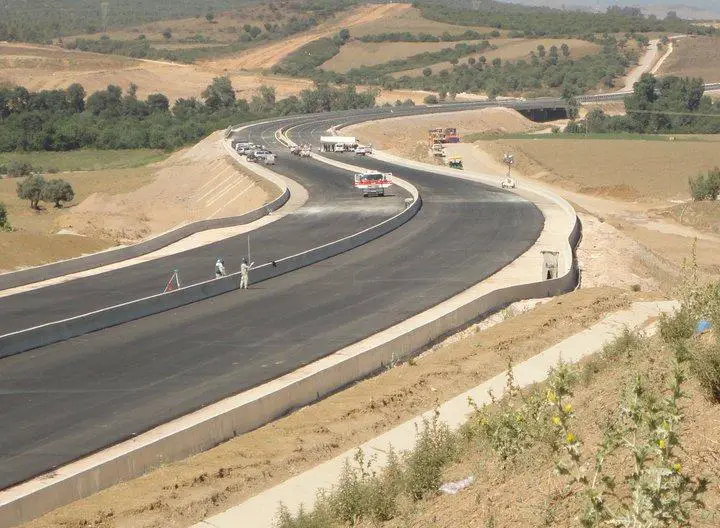- Africa’s new dawn: the rising role of digital and AI in agriculture
- Can Dangote Refinery Transform Africa Energy Ambition
- Gallup Survey: 80 per cent of Kenyan Workers Are Disengaged and Seek New Opportunities
- Madagascar Man Freed from 5KG Tumor After 15-Year Struggle
- How women in Africa are perceived and treated
- Sugar consumption in Kenya to Increase to 1.23 Million Tonnes
- Can Somalia and Turkey Oil deal Bring Change in Somaliland
- Remittances to Kenya dropped to $371.6 million in June, marking a six month low
Browsing: DR Congo
- Economic considerations are why the world is watching the DR Congo elections.
- President Félix Tshisekedi’s approach to the Eastern Congo crisis is a matter of immediate political strategy and a defining aspect of his legacy.
- DR Congo’s political stability is crucial for international markets.
The Democratic Republic of Congo (DR Congo) is at a pivotal moment with the delay of its December 20th election, attracting global attention. This postponement, amid logistical challenges and the ongoing conflict in the eastern provinces, raises concerns about the integrity of the electoral process.
The country’s history of electoral irregularities, including allegations of fraud in past elections, amplifies these worries. The international community is closely monitoring the situation, as any perceived manipulation could further destabilize the already fragile political landscape of the country and the Central African region.
Winning the Hearts of Eastern Congo: A Keystone for Tshisekedi’s Legacy
- By enhancing intra-African trade, AfCFTA estimates that the continent with gain $195 billion by 2045.
- These gains are projected to be mainly realised in industry, services, agrifood, and energy sectors.
- By collaborating under AfCFTA, countries can greatly boost regional supply chains for the global electric vehicles market.
African countries need to embrace a set of reforms critical in driving Africa’s free trade plan, AfCFTA. The call comes even as more African leaders sign the agreement on the African Continental Free Trade Area (AfCFTA).
AfCFTA has the potential to transform regional trade and thereby lift billions of livelihoods in Africa out of poverty. To realise these benefits however African leaders need to go beyond blueprints.
“It is not for lack of blueprints that Africa has not structurally transformed,” United Nations Economic Commission for Africa (UNECA) Secretary-General Antonio Pedro said.
Mr Pedro was speaking at the Africa Regional Forum by UNECA on …
For Africa, energy security should come first due to the fact that the continent is the least polluter but it bears a disproportionate burden wrought on by climate change impacts. From 1850-2020, according to analysts, Africa’s global emissions contribution have remained below 3 per cent. However, the continent lost about 5– 15 per cent of GDP per capita growth annually from 1986 – 2015.
With the aggressive shift to clean energy, Africa risks even worse human and economic crises due to the multipronged dangers of climate change and the possible displacements caused by mining activities.
Already, climate change-related catastrophes have triggered internal displacement of 2.6 million people going by 2021 estimates. Violence and displacement are some outcomes of climate-related disasters which leaves millions facing acute food shortages and increasing vulnerability. If mining in the DR Congo, and Africa at large, continues as it has for decades, then the displacements, hunger …
It is obvious that the DRC’s desire to become a member of the EAC is to tap into the benefits of regional trade, i.e. an expanded market of 300 million people, and to increase Foreign Direct Investment (FDI) through its membership in the EAC bloc. DRC’s capital market remains underdeveloped and consists mainly of the issuance of treasury bonds.
There is no stock exchange in the country and only a small number of private equity firms are actively investing in the mining industry. There are hardly any institutional investors in the DRC except for an insurance company and a state pension fund. The Central Bank of Congo (BCC), developed a market for short-term bonds, which are bought and held by local Congolese banks.
The absence of a domestic debt market has meant that the fixed-rate market is limited to government-issued treasury bonds with maturities of up to 28 days traded …
The financial sector in the Democratic Republic of Congo (DRC) has not been one of the most sought after in the continent. The DRC has 18 banks, five of which are local, four pan-African and nine foreign. The DRC’s ratio of bank assets to GDP at 7% lags regional peers, while only 7% of the population holds a bank account.
Similar to steps taken in markets such as Zambia and Ghana, the Central Bank of Congo (BCC) has directed that all banks must raise their minimum capital to $50 million by the end of 2020. Banks have a number of options, to sell and exit, to merge, to raise capital or to step down the regulatory hierarchy to be a non-bank lender or microfinance institution.
It is such a move that is seeing foreign banks seeking new partnerships and ventures to help them remain in business.
Dutch entrepreneurial development bank …
The East African Community has marked its 20th Anniversary with pomp and fanfare at its Headquarters in Arusha, Tanzania.
This comes as the community mulls over the inclusion of The Democratic Republic of Congo into the community, which would not only give the community a major population rise but also a coast to coast linking both the East African coast and the West African coast. Though the considerations are yet to be approved, policy analysts believe this move is a matter of when not if. However, there is still contention on whether to include the East most country, Somalia which has also expressed interest.
Uganda’s 2nd Deputy Prime Minister and Minister for EAC Affairs, Hon. Dr. Ali Kirunda Kivejinja, who presided over the anniversary celebration, said that EAC Partner States would not repeat the mistake of the past that led to the collapse of the first Community.
Dr. …
Bottlenecks to the completing of the planned Trans African Highway include difficult terrain and climate conditions, inadequate funding for Road maintenance and upgrades as well as insecurity due to civil conflicts that have damaged roads that now require reconstruction.
There is a new-found political will and High-level commitments by the Democratic Republic of Congo (DRC) and Uganda to develop and upgrade the Northern Corridor Road Sections of their country of the Trans-African Highway (TAH) Network No 8 from Lagos, Nigeria to Mombasa that is expected to open the whole of Africa to interstate trade.
Uganda and DR Congo are already working to fix the gaps of the northern corridor in Mbarara-Bushenyi-Kikorongo-Mpondwe-Kasindi-Beni-Komanda-Kisangani which measures 940Km.
Bottlenecks to the completing of the planned TAH include difficult terrain and climate conditions, inadequate funding for Road maintenance and upgrades as well as insecurity due to civil conflicts that have damaged roads that now require …





